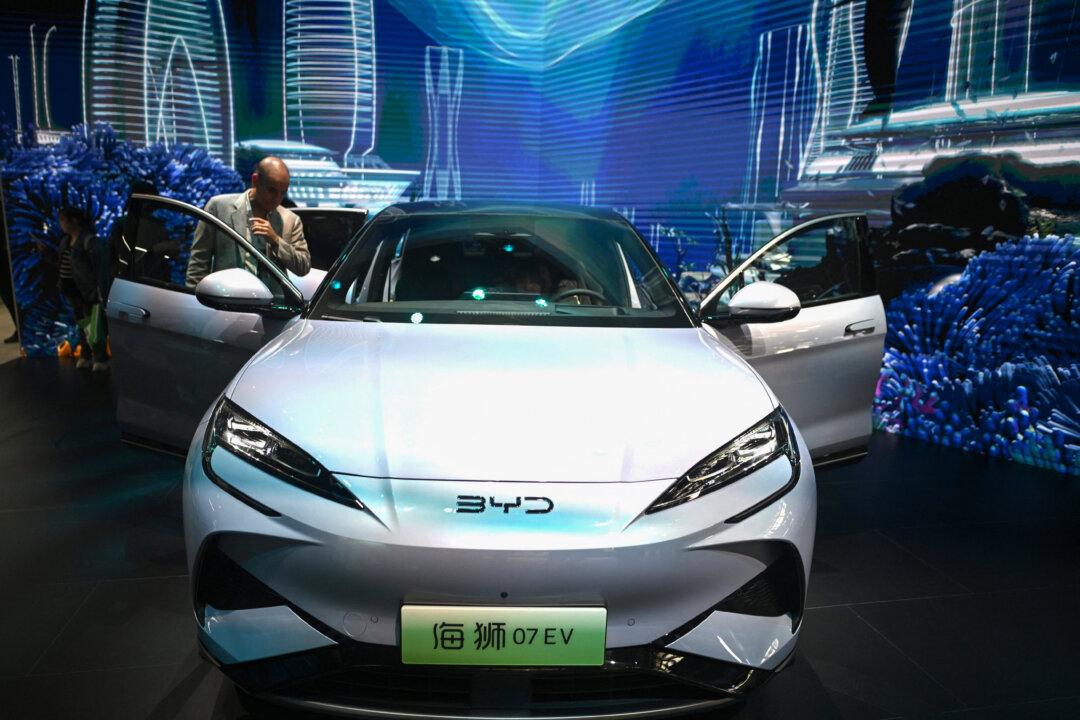A peak dealership body has revealed that Australians will likely see more Chinese electric vehicle (EV) brands in the market in the coming period.
Speaking at a recent parliamentary inquiry hearing, Australian Automotive Dealer Association (AADA) CEO James Voortman said the presence of Chinese manufacturers in the Australian car market will grow.





